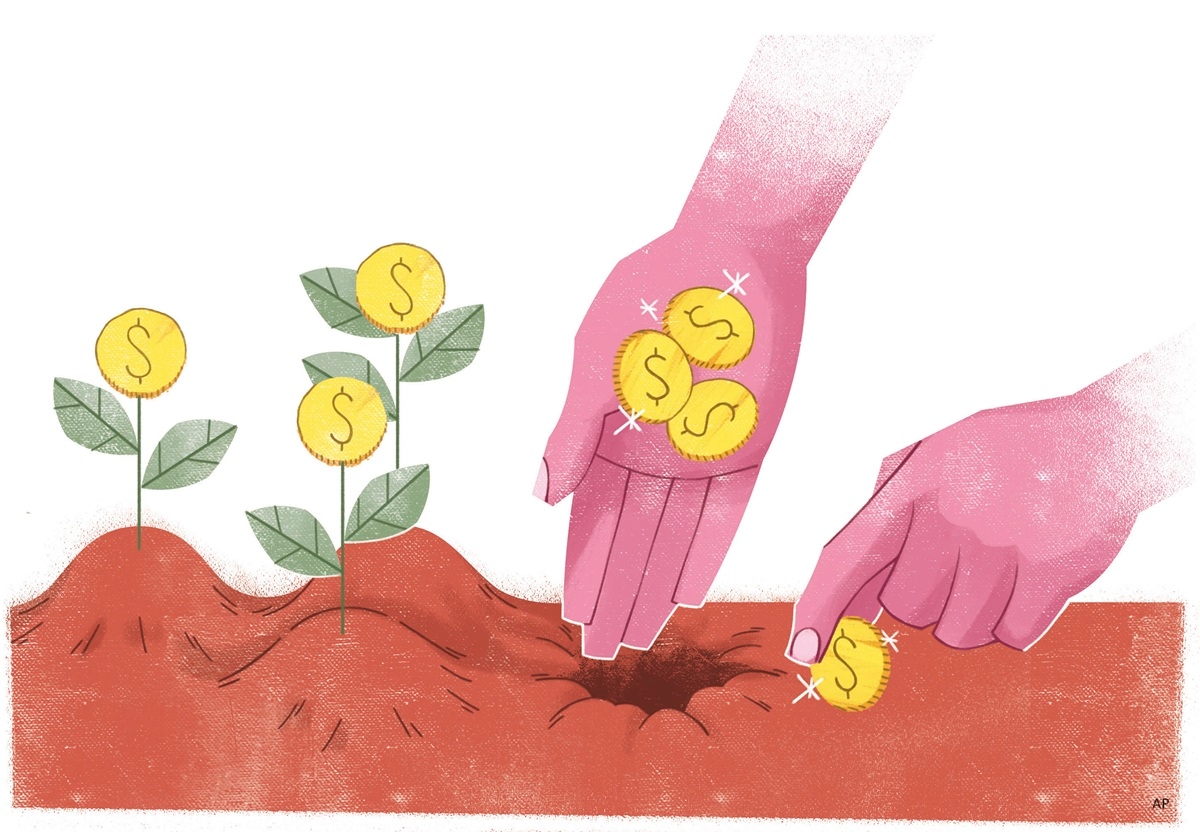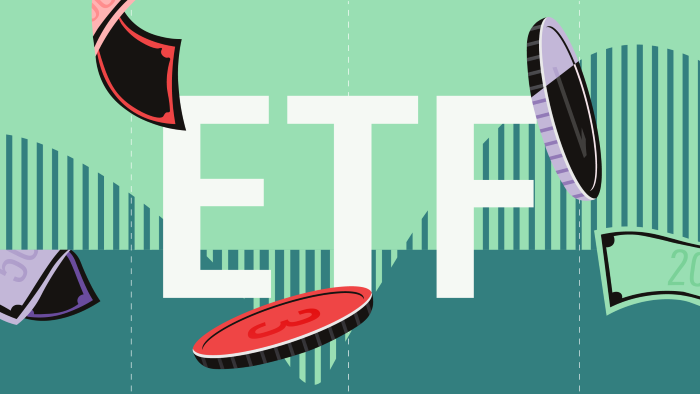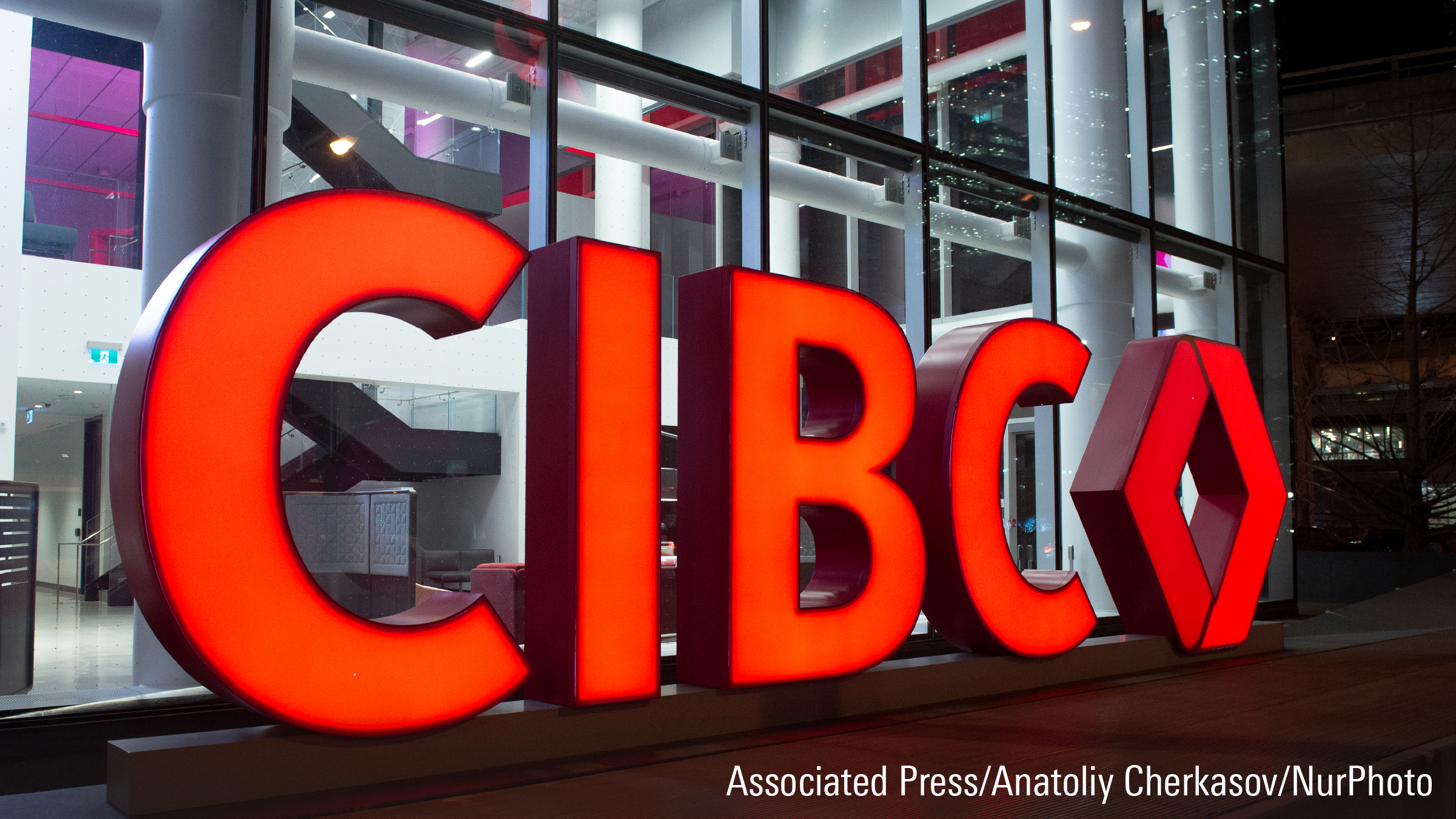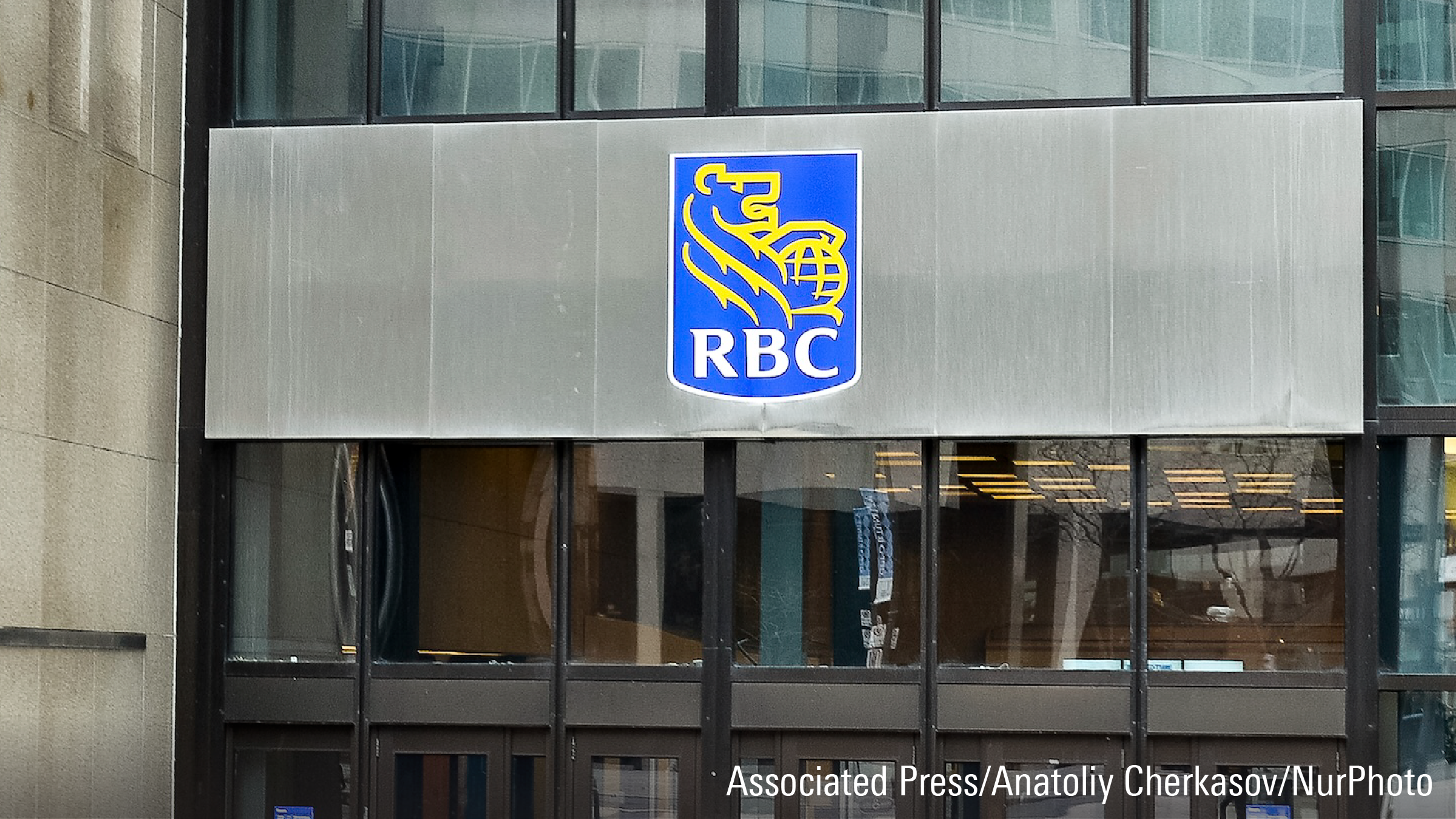 “Magnificent Seven” stocks dominated the market in 2023, creating a rift between the valuations of large- and small-cap stocks. Morningstar named it one of the top opportunities for equity investors in our 2024 Investment Outlook. ETFs in the small-value and small-blend categories currently have the most favorable valuations.
“Magnificent Seven” stocks dominated the market in 2023, creating a rift between the valuations of large- and small-cap stocks. Morningstar named it one of the top opportunities for equity investors in our 2024 Investment Outlook. ETFs in the small-value and small-blend categories currently have the most favorable valuations.
Still, our outlook for 2024 is rife with opportunities and risks. To combat uncertainty, diversified, low-cost small-cap ETFs offer the best chance at capitalizing on small-cap stocks’ cheap valuations. Here are three ETFs that can do just that.
3 Great Small-Cap ETFs
- Avantis U.S. Small Cap Value ETF AVUV
- iShares Core S&P Small-Cap ETF IJR
- Schwab Fundamental U.S. Small Company ETF FNDA
The first ETF is Avantis U.S. Small Cap Value ETF. This ETF leans hard into the cheapest corner of the Morningstar Style Box.
Selecting the cheapest and smallest companies comes with a high risk of value traps, meaning a company whose cheap valuation ends up being deserved due to its deteriorating business. Avantis sidesteps this risk by targeting profitable companies and by holding a diversified portfolio of about 750 stocks, so no one company can drag down performance.
The result is a higher-quality small-value portfolio. The combination of cheap and profitable companies has been highly effective, with AVUV falling in the top 6th percentile of all small-value funds over the past three years. And AVUV only charges 25 basis points, a solid price for this actively managed ETF.
The second ETF is iShares Core S&P Small-Cap ETF. This ETF is for investors looking for broad small-cap exposure with less junk than the Russell 2000. S&P requires companies to be profitable before including them in their indexes—a distinction that becomes increasingly restrictive when applied to smaller companies.
The result is a portfolio of 600 companies for a low fee of 6 basis points. It stashes just 6% of assets in its top 10 holdings, ensuring that no one stock’s misfortune derails performance. So far it hasn’t: IJR has fallen in the top 13th percentile of small-blend funds over the past 10 years. This ETF would surely capture a bounceback for small-cap stocks.
The final ETF on my list is Schwab Fundamental U.S. Small Company ETF. This ETF tracks a Research Affiliates index that selects and weights holdings based on fundamental values. That means using sales, cash flows, and dividends to dictate portfolio weights instead of market cap. This approach tends to favor profitable firms, which again helps it avoid riskier bets in the small-cap market.
The resulting portfolio benefits from mean-reversion without sacrificing diversification. The index’s disciplined approach and low fee help it carve out a solid edge against the Russell 2000. Performance reflects that advantage: FNDA’s returns fall in the top 14% of small-blend funds over the past 10 years. Its mean-reverting style should work perfectly if small caps rally.





:quality(80)/cloudfront-us-east-1.images.arcpublishing.com/morningstar/T2LGZCEHBZBJJPPKHO7Y4EEKSM.png)















